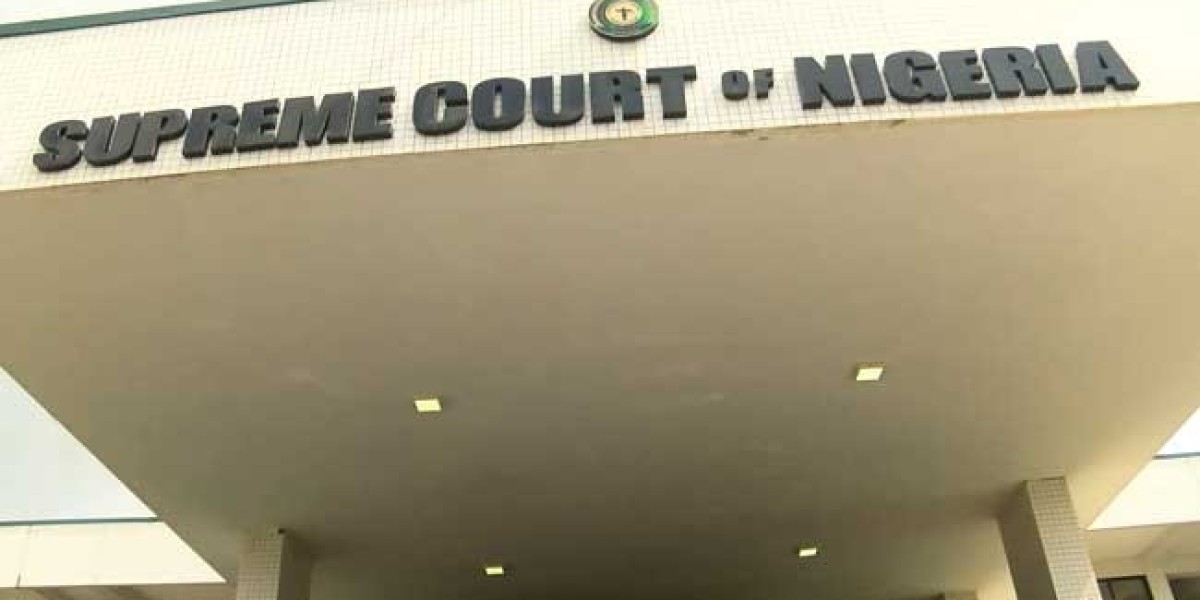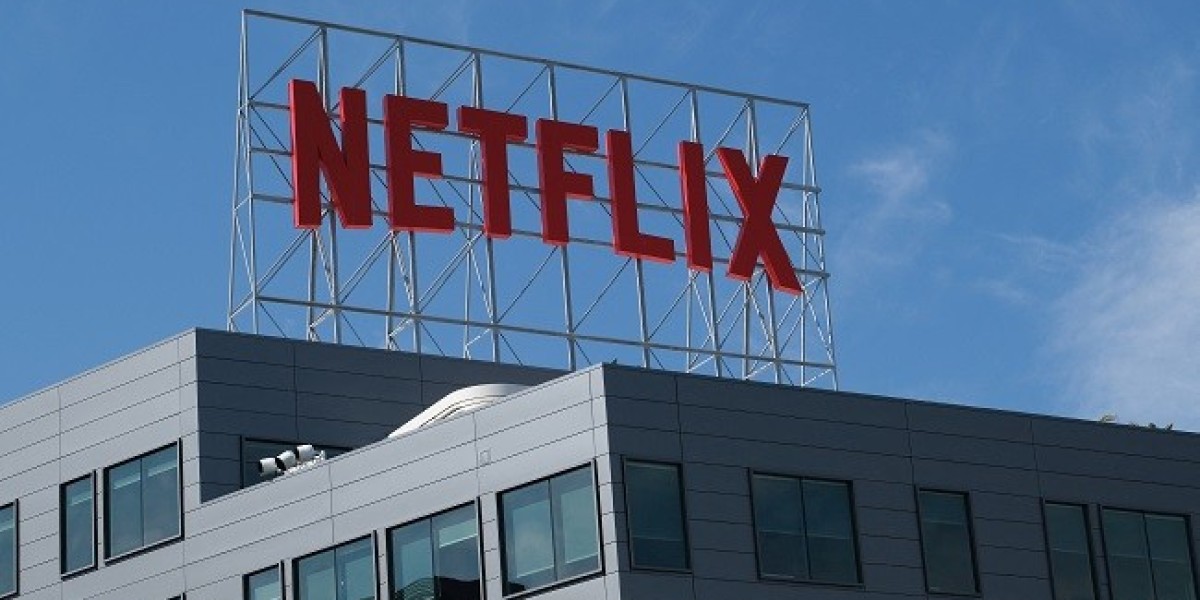Bangkok’s ongoing air pollution crisis led to the closure of over 350 schools on Friday, marking the highest number of closures in five years. City authorities are also offering free public transportation for a week in an effort to reduce traffic and minimize the harmful effects of exhaust fumes in the notoriously polluted capital.
Seasonal air pollution has long been a problem in Thailand, as it is in many parts of Southeast Asia, but this week’s haze has prompted the largest wave of school closures since 2020.
“It’s hard to breathe… I really feel the burn in my throat,” said Benjawan Suknae, a 61-year-old drinks vendor, expressing her concern to AFP. “I think (school closures) could help to a certain point.”
The Bangkok Metropolitan Administration announced that 352 schools across 31 districts would remain closed due to hazardous air quality. On Thursday, over 250 schools had already shut, while officials urged residents to work from home and restricted the movement of heavy vehicles within the city.
Air pollution in Bangkok is exacerbated by seasonal factors, including stagnant winter air that traps pollutants like car exhaust and smoke from crop stubble burning.
By Friday, the level of PM2.5 particles—tiny pollutants capable of entering the bloodstream—reached 108 micrograms per cubic meter, according to IQAir. This level placed Bangkok as the world’s seventh-most polluted major city at that time. The World Health Organization (WHO) recommends that daily exposure to PM2.5 should not exceed 15 micrograms per cubic meter on average.
As of Friday morning, 352 of the 437 schools under the Bangkok Metropolitan Authority (BMA) were closed, impacting thousands of students.
In response, Thailand’s Interior Minister, Anutin Charnvirakul, issued a ban on crop stubble burning and warned that violators could face legal action. Additionally, transport minister Suriya Juangroongruangkit announced that public transportation in the capital, including the Skytrain, metro, light rail, and buses, would be free for a week in an attempt to reduce pollution levels by encouraging people to use public transport instead of private vehicles.
“We hope this policy will help reduce pollution,” Suriya stated.
Prime Minister Paetongtarn Shinawatra, attending the World Economic Forum in Switzerland, emphasized the need for stronger measures to address air pollution, including limiting construction in the capital and collaborating with neighboring countries.
Freelancer Wisut Kitnarong, 59, suggested that further awareness-raising efforts and more work-from-home policies could help combat the issue. The Bangkok authorities had already introduced a voluntary work-from-home initiative for three days earlier in the week.
Air pollution is also affecting neighboring cities. On Friday, Ho Chi Minh City in Vietnam ranked second on the IQAir list, and Phnom Penh, Cambodia, ranked fifth. Cambodia’s Ministry of Environment reported that air quality in Phnom Penh and three other provinces had reached a "red level" of pollution, urging residents to monitor their health and avoid outdoor activities. The pollution is attributed to climate change, waste incineration, and forest fires.
The problem of air pollution is not confined to Southeast Asia. In November, air pollution prompted school closures across parts of India and Pakistan. In New Delhi, nearly two million students were kept home due to dangerous air quality, and in Pakistan’s Punjab province, schools were closed for two weeks as air pollution levels reached 30 times the WHO’s acceptable limit.
UNICEF’s recent report highlighted the global impact of climate-induced air pollution, noting that 242 million children’s education was affected by climate shocks in 2024. Climate change exacerbates air pollution, which is considered a “secondary impact” of climate-related hazards, according to the report.
Channelstv



